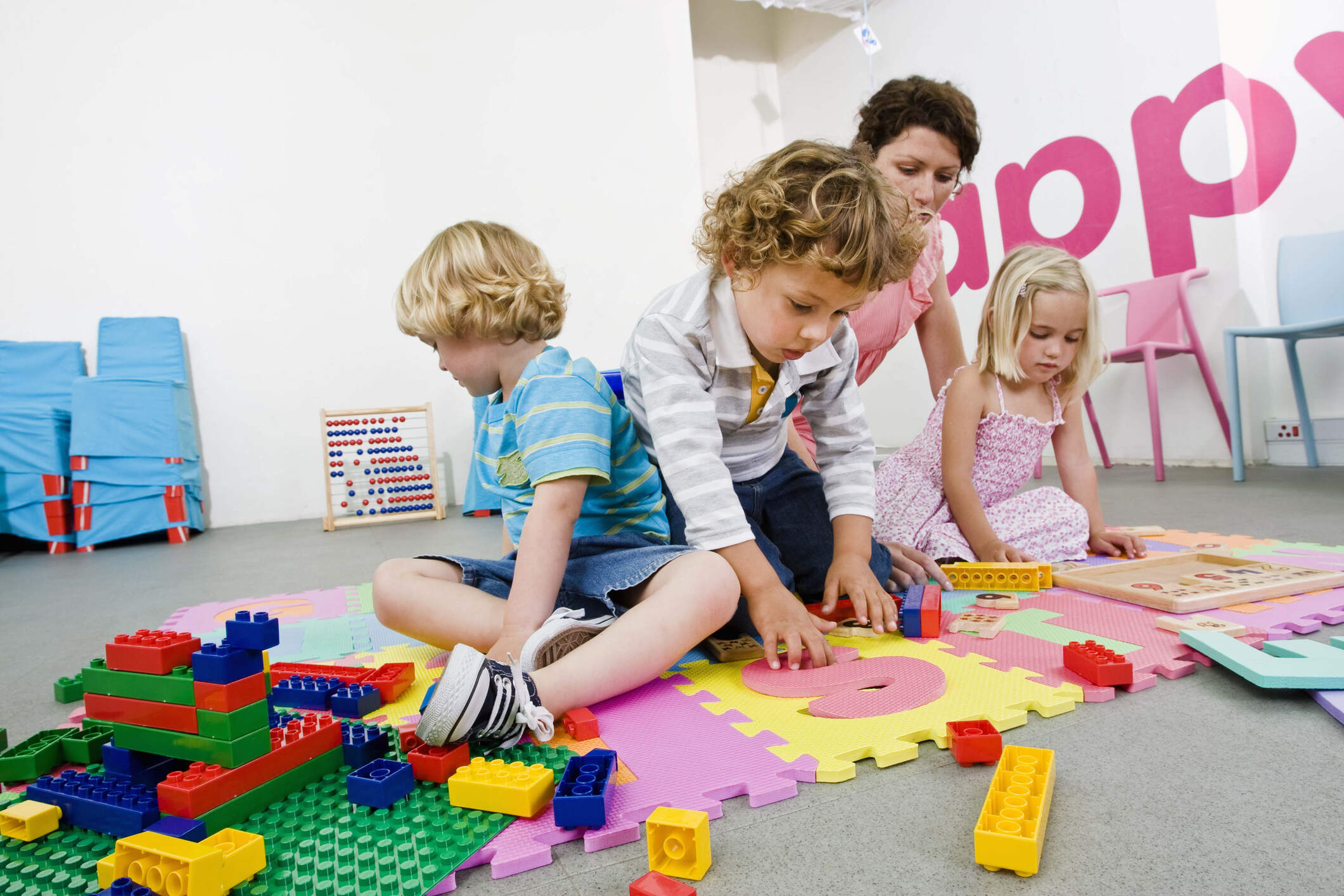Early Stage Researchers (ESRs)
SellSTEM has 15 early stage researchers (ESRs), that are employed by a university and registered on a PhD program. Εach ESR conduct an individual research project at doctoral level. There are 5 ESRs in each research WP. All positions - ESR1 to ESR15 - are described below.
ESR01 Location: Germany, UREG
Title: Spatial ability development in the preschool years and its relation to affective and academic measures in STEM learning
Title: Spatial ability development in the preschool years and its relation to affective and academic measures in STEM learning
ESR02 Location: Germany, UNI KO-LD
Title: Spatial ability development during primary school and its relation to affective and academic measures in STEM learning
Title: Spatial ability development during primary school and its relation to affective and academic measures in STEM learning
ESR03 Location:Norway, NTNU
Title: Nature or nurture: which factors of spatial ability are most sensitive to development through focused instruction?
Title: Nature or nurture: which factors of spatial ability are most sensitive to development through focused instruction?
ESR04 Location: United Kingdom, Bangor
Title: Examining language as a medium of representation in relation to STEM learning tasks and spatial ability.
Title: Examining language as a medium of representation in relation to STEM learning tasks and spatial ability.
ESR05 Location: Ireland, TU Dublin
Title: Project Space and Shape: A European study of the influence of spatial ability on attraction towards and performance in STEM learning
Title: Project Space and Shape: A European study of the influence of spatial ability on attraction towards and performance in STEM learning
ESR06 Location: Austria, PLUS
Title: Structured online
Title: Structured online
learning and training for primary school children to promote spatial ability development
ESR07 Location: Netherlands, ULEI
Title: Spatial ability, working memory and STEM learning in primary school
Title: Spatial ability, working memory and STEM learning in primary school
ESR08 Location: Netherlands, TU Delft
Title: Exploring the potential for enhancing spatial ability through spatially challenging STEAM project work in the zone of proximal development & formative assessment
Title: Exploring the potential for enhancing spatial ability through spatially challenging STEAM project work in the zone of proximal development & formative assessment
ESR09 Location: Austria, PLUS
Title: Development and Evaluation of learning material for the structured model of the eight basic routines of visual perception and spatial ability
Title: Development and Evaluation of learning material for the structured model of the eight basic routines of visual perception and spatial ability
ESR10 Location: Ireland, TU Dublin
Title: STEM outreach or STEM outcast? How to adapt STEM outreach based on gender and spatial ability level so it is a positive experience for all. .
Title: STEM outreach or STEM outcast? How to adapt STEM outreach based on gender and spatial ability level so it is a positive experience for all. .
ESR11 Location: Ireland, TU Dublin
Title: Barriers and enablers to raising spatial ability of primary school children beyond existing levels: A study of teaching practice in Europe
Title: Barriers and enablers to raising spatial ability of primary school children beyond existing levels: A study of teaching practice in Europe
ESR12 Location: Sweden, KTH
Title: An analysis of how national and European policies for primary school education are aligned with current research on spatial skills development to support STEM learning
Title: An analysis of how national and European policies for primary school education are aligned with current research on spatial skills development to support STEM learning
ESR13 Location: Netherlands, TU Delft
Title: An examination of the potential of formative assessment in STEAM projects to promote spatial ability development
Title: An examination of the potential of formative assessment in STEAM projects to promote spatial ability development
ESR14 Location: Latvia, LU
Title: Improving spatial ability development in the primary school classroom by changing teaching practice
Title: Improving spatial ability development in the primary school classroom by changing teaching practice
ESR15 Location: Ireland, TU Dublin
Title: The craft of coaching in maker space: how to coach children from low to high spatial ability through maker education
Title: The craft of coaching in maker space: how to coach children from low to high spatial ability through maker education



